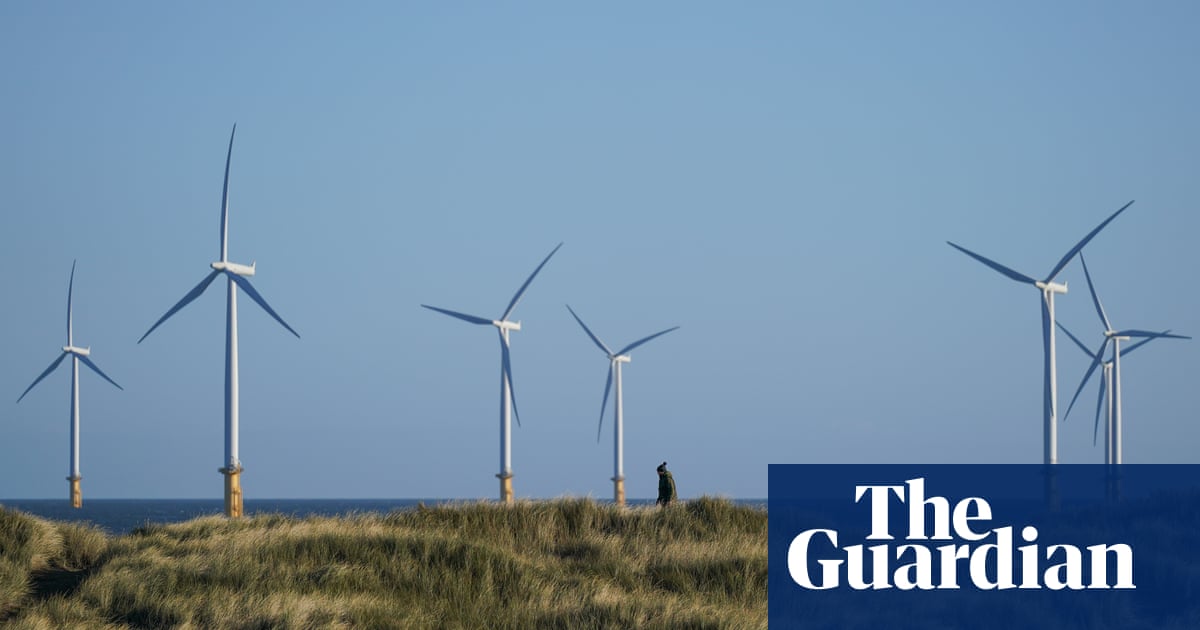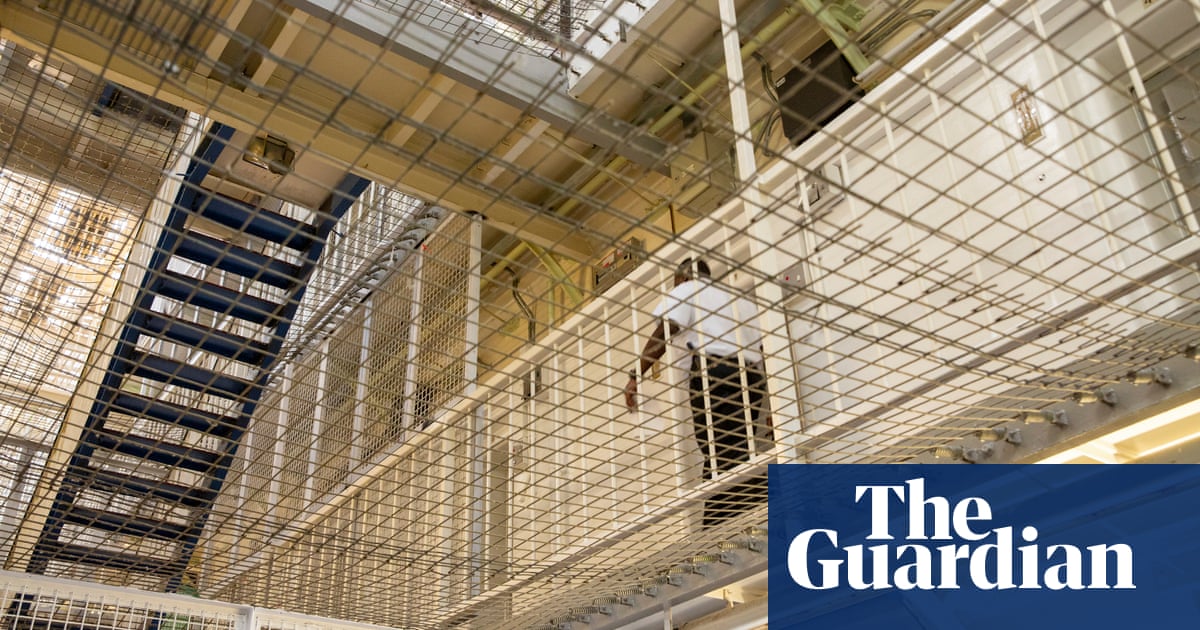
Kwasi Kwarteng looks likely to lift a de facto ban on new onshore windfarms after the UK government said it would bring planning consent into line with that for other infrastructure.
It has been very difficult for onshore windfarms to get planning permission since David Cameron put in place a tough consent regime in 2015. Earlier this year, Kwarteng pushed for the restrictions to be lifted but he encountered cabinet opposition.
The regime will now be loosened, with the chancellor’s growth plan stating: “The government will unlock the potential of onshore wind by bringing consenting in line with other infrastructure. The UK is a world leader in offshore wind, with 8GW of offshore wind currently under construction. By 2023 the government is set to increase renewables capacity by 15%, supporting the UK’s commitment to reach net zero emissions by 2050.”
Although the government has trumpeted its decision to allow firms to explore fracking further, few experts think it is likely to produce much gas in the near future. Unblocking the potential for onshore wind projects could be a much quicker and more productive way of boosting electricity supplies and helping to bring down prices.
Some Conservative MPs oppose windfarms as a blight on the landscape but public attitudes are much more supportive of the technology.
Jess Ralston, a senior analyst at the energy and climate intelligence unit, said: “The ban on onshore wind – which around eight in 10 people support – has been a major anomaly in British energy policy given it’s both cheap and popular with the public. So a decision to lift the ban suggests the new government has listened to the experts and understands building more British renewables reduces our reliance on costly gas and so brings down bills.”
Sam Hall, the director of the Conservative Environment Network, said: ‘We warmly welcome changes to speed up planning for offshore windfarms, to lift the ban on English onshore windfarms, and to fund legacy renewables costs out of general taxation. Renewables and insulation will not only permanently lower bills and accelerate progress towards net zero, but strengthen our energy security and protect the UK from Vladimir Putin’s weaponisation of Russian gas reserves.”












